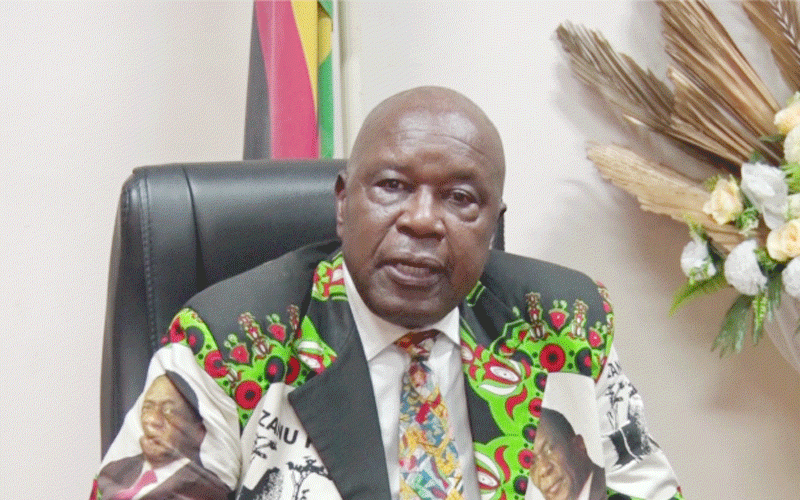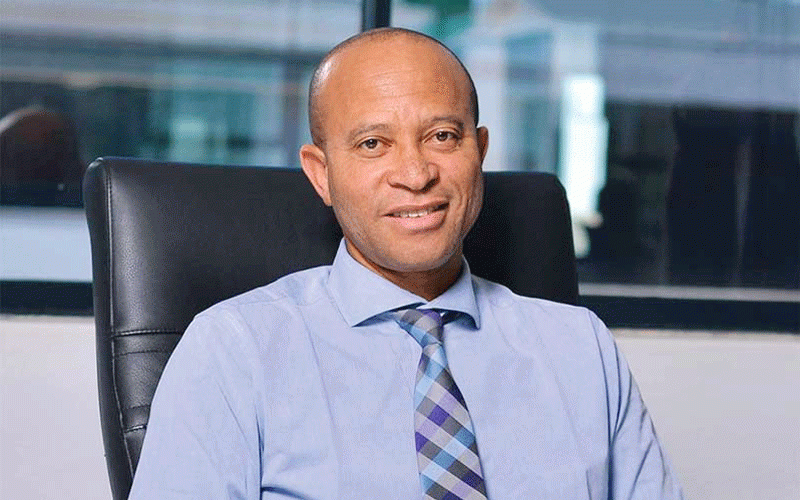FINANCE, Economic Development and Investment Promotion deputy minister David Mnangagwa says Treasury is seeking strategic alliances with high-net-worth earners to operationalise a fund that supports startups.
The National Venture Capital Fund (NVCF) was established in 2021 to offer capital to small and medium enterprises (SMEs) as well as start-ups which the government would fund.
However, nearly three years later, government is yet to pour in resources into the NVCF due to constrained fiscal space.
A venture capital fund is a pool of money used to invest in early-stage, high-potential start-ups and small businesses, typically providing capital in exchange for equity.
Responding to concerns raised by entrepreneurs and startups on a panel discussion during last week’s 7th Sadc Industrialisation Week deliberations held in Harare last week, Mnangagwa said start-ups needed to expand their ideas and businesses.
“The National Venture Capital Company, launched in 2021, aims to support startups and SMEs with funding and strategic partnerships,” Mnangagwa said.
“It has been stagnant because we did not have a chief executive officer that has private sector experience and understands the needs of entrepreneurs. We are getting there because now we have the leader who is going to push it forward.”
The Reserve Bank of Zimbabwe’s 2022 FinScope Micro, small and medium enterprises (MSME) survey revealed that the informal sector had an estimated annual turnover of US$14,2 billion and an US$8,6 billion gross domestic product valuation.
The informal sector in which startups and SMEs operate was estimated to have US$2,5 billion in cash circulating within the sector that remains unbanked.
“Right now, we cannot fully fund venture capital, so we are seeking strategic alliances with high-net-worth individuals, VCs [venture capitalists] and asset managers,” Mnangagwa said.
“The National Venture Capital Company is exempt from the Public Procurement and Disposal of Public Asset Act, allowing it to operate competitively and partner with those who drive entrepreneurship.”
He said government was also committed to supporting MSMEs’ participation in the capital markets.
“We are supporting young people and future careers through this venture capital space. While there is a distinction between startups and SMEs, we view them as young entrepreneurs who need funding and support. Mechanisms are in place to raise funding and support from development partners,” he said.
“Our capital markets are not structured to serve certain interests, but the second republic is working to change that. We are creating a financial architecture that serves government, people and business community.”
He, however, noted that there was an information gap on some of the opportunities that exist for small businesses and individuals to participate in on the capital markets.
These opportunities, according to Mnangagwa, include exchange traded funds, C-Trade and real estate investment trusts.
“We have encouraged the Securities Exchange Commission of Zimbabwe and the Zimbabwe Stock Exchange to campaign and educate citizens. Our C-Trade platform allows young people to participate in the stock exchange on their phones,” the deputy minister added.
Speaking on the same panel, the infrastructure development firm Bigen Global’s managing director and board member McLean Sibanda said there was a need to develop policies that promoted innovation and allowed SMEs to thrive.
“Policy certainty is crucial for startups and SMEs to thrive. We need to distinguish between SMEs and startups, as not every small business is a startup,” he said.
“Startups are human organisations designed to create something new under conditions of extreme uncertainty, as defined by Eric Reese. They leverage technology and innovative practices to deliver value.”
He said the regulatory environment need not be prohibitive to create an enabling environment for startups and SMEs.
“Funding instruments like gap funding, R&D [research and development] incentives and supply enterprise development can help. We must also enable access to markets and increase R&D investment,” Sibanda added.





